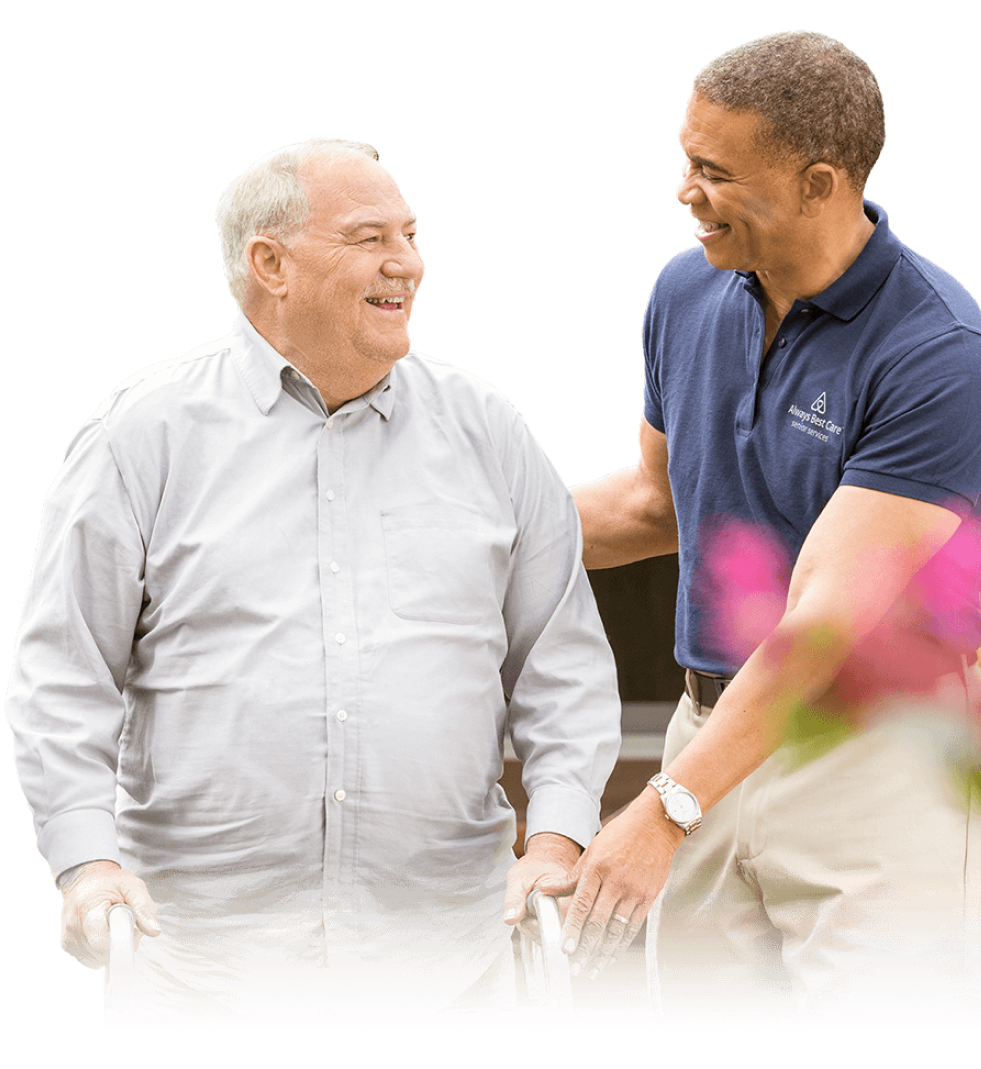ROSENBERG, Texas (KTRK) -- The mayor of Rosenberg is defending the decision to approve an Epicenter hotel tax deal that includes thousands of dollars worth of tickets and parking for city employees.
EPICENTER HOTEL AGREEMENT GOES BEYOND TAX DOLLARS
For more than a year, Rosenberg Mayor William Benton said the county has been talking with the city about an agreement to expand the Epicenter, just two years after it opened, by adding a hotel and convention center.
Documents show the project will cost $240 million.
The county plans to spend $170 million on it. To help with costs, they wanted the city of Rosenberg to allocate the hotel tax from the new facility to the project.
RELATED: Fort Bend County pushes plans to add a hotel and convention center near the Epicenter
A 30-year agreement Rosenberg approved. "
The city has nothing to lose, nothing to risk, and everything to gain," Benton said.
On page three of the agreement, it goes beyond the hotel tax. It mentions the perks the city would receive, including 10 club-level tickets and VIP parking.
"I'm not for that at all," Rosenberg resident Alvin Adams said. "You know what I'm saying?. Give it to the people in the neighborhood."
"They're giving all of the money, why not give them something? You know," Rosenberg resident Robin Heineman said. "Help your brother and sister out."
It's a benefit, Benton said, was added by the county.
10 FREE TICKETS WAS TOO CHEAP FOR THE MAYOR
Before approving the agreement, Benton brought up the number of tickets being offered. "I'm just wondering if 10 club tickets, that's a little chintzy on your part," Benton said during the meeting.
Instead of 10 tickets, Benton suggested 20. Why? At first, Benton suggested the council needed a plus one.
"Council, we can go, but don't bring your wife or husband," Benton said during the meeting.
Benton went on to say they needed more tickets for city employees. ABC13 caught up with Benton to ask about the tickets.
He said he was joking about the spouse's remark. Less than five minutes after the county agreed to the extra tickets, the council unanimously approved the agreement.
ABC13 asked him if he would've approved the deal without the tickets. "Of course. Yeah. Wait a minute. Do you think we're doing this for 20 free tickets," Benton said.
Benton said the city would receive the tickets, and staff would decide how to distribute them, not the council. However, when we asked if he would decline tickets, he didn't say no.
"The council is not in the habit of receiving free tickets to stuff," Benton explained. "We don't do that. However, if the tickets go to the staff and the staff wishes to give them to the council, that's their decision."
THE TICKET DEAL COULD BE WORTH THOUSANDS EVERY YEAR
Here's the breakdown of the ticket agreement the city received. Each year, the city receives 20 club-level tickets to five Epicenter events, including VIP parking.
The county's economic director told ABC13 that the tickets could be worth up to $100. He said there's no VIP parking right now.
According to the Epicenter's website, general parking is $20.
This means the deal could be potentially worth $12,000 every year.
DESPITE NO EPICENTER HOTEL TAX MONEY, THE MAYOR BELIEVES THE CITY WILL SEE A BOOST
The agreement approved by the Rosenberg council will prevent the city from collecting hotel tax at the Epicenter facility for 30 years. Money that could've gone towards tourism-related items.
However, Benton said the city may still see a boost in other ways. With a hotel and convention center, Benton said the county is expecting more Epicenter events. This could bring more tourists to the area.
Some of them, Benton said, may choose to stay at nearby hotels. The city could collect hotel tax from those facilities.
If the new Epicenter project includes a hotel, the city would receive sales tax money.
DESPITE THE DEAL, NOTHING IS FINALIZED WITH THE EPICENTER PROJECT
County officials tell ABC13 they're still working out financing for the Epicenter project. Despite Rosenberg's approval, they still need a private developer and ways to secure millions more.
However, they said Rosenberg's actions help. Now, they know the hotel tax money can go towards the project. An approval not just from the city.
It's an approval not just from the city. Last Thursday, the county commissioner also signed off on the agreement
For updates on this story, follow Nick Natario on Facebook, X and Instagram.

 281-317-4894
281-317-4894




 Service Areas
Service Areas























